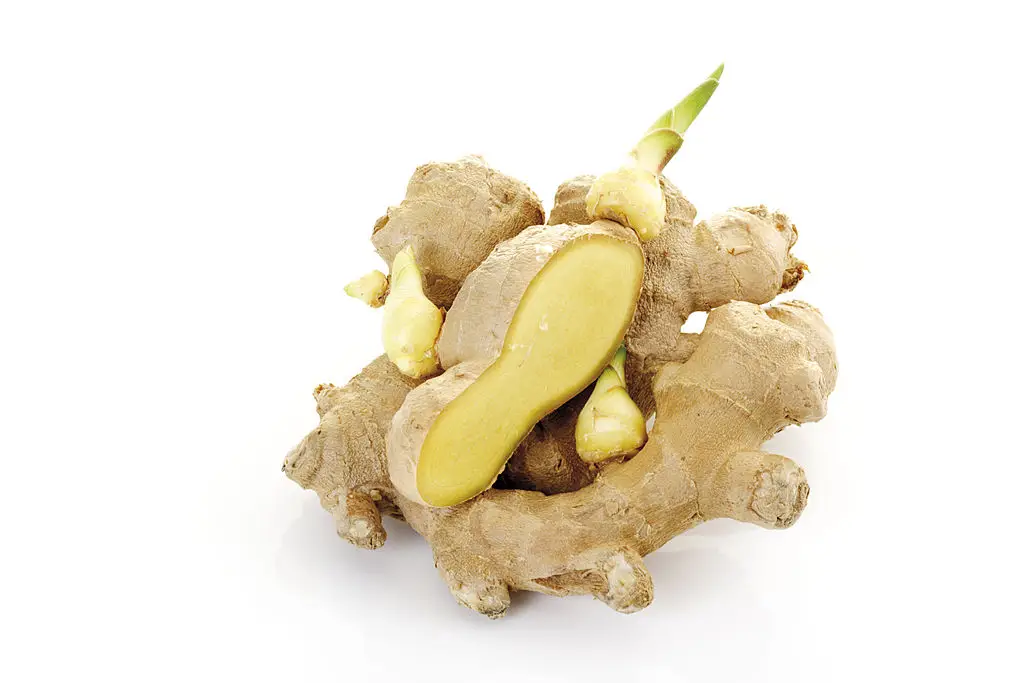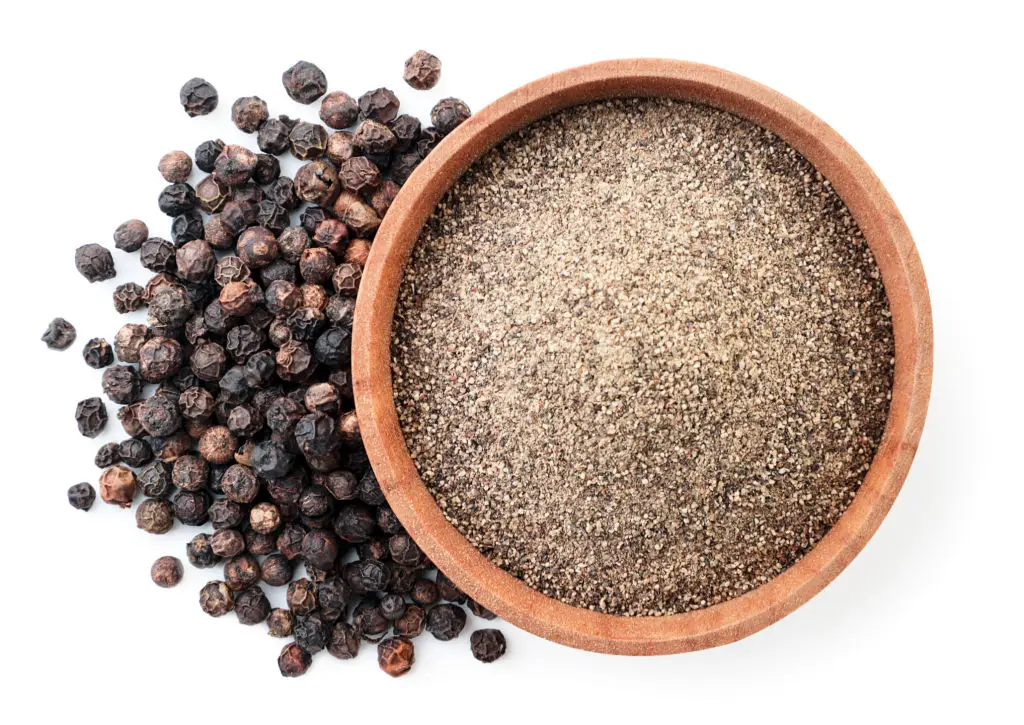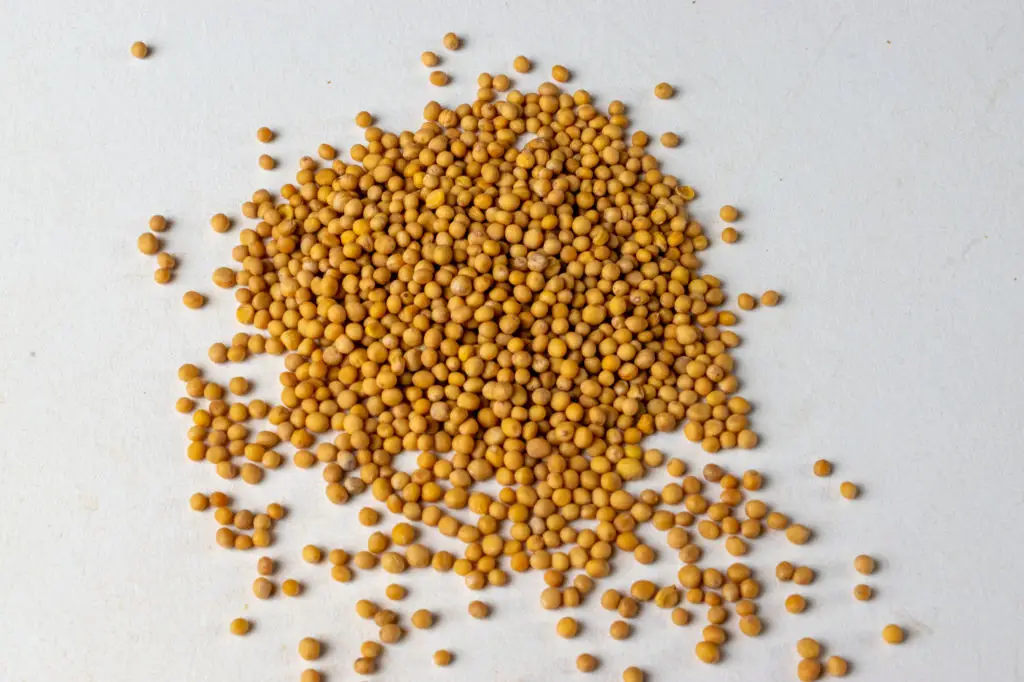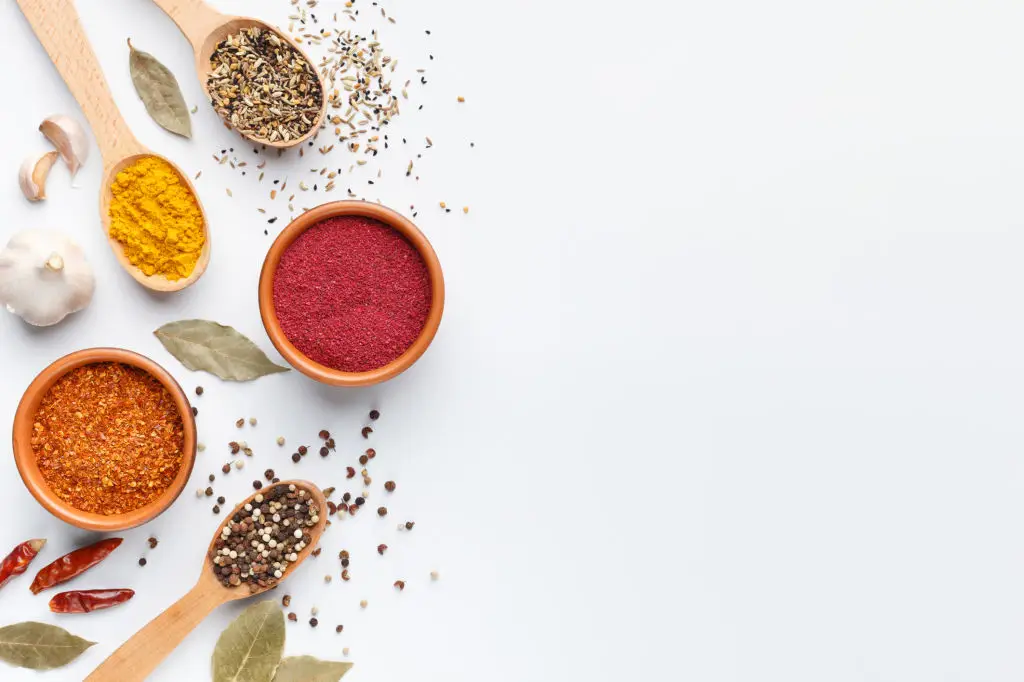Ignite Your Engine: 8 Spices and Herbs That Fire Up Your Resting Metabolism
If you want small, practical ways to support your resting metabolism, turning to the spice rack is a friendly place to start. Spices and culinary herbs won't replace balanced meals, regular movement, or good sleep, but several contain natural compounds that can gently nudge metabolism, improve digestion, or help the body use nutrients more efficiently. This article highlights eight familiar spices and herbs—what their active components do, how to add them to everyday cooking, and which safety points to keep in mind. Think of this as an easy toolkit you can fold into meals you already love: a pinch of heat here, a warm cup there, a comforting twist in your morning yogurt. Each entry offers practical ideas and realistic expectations so you can try one or two changes and notice how your body responds. If you take medications or have chronic health concerns, check with your healthcare provider before making concentrated or supplemental changes. Small steps over time are the kindest, most sustainable way to support long-term metabolic health.
1. Cayenne Pepper (Capsaicin)

Cayenne and other hot chilies contain capsaicin, a compound that can raise body heat briefly after a meal and may slightly increase calorie burn for a short period. This thermogenic effect is usually modest and tends to be most noticeable when capsaicin is part of a balanced meal rather than a standalone trick. Many people also find a small amount of heat reduces appetite or makes a meal feel more satisfying, which can help with portion control. Add a pinch of cayenne to soups, stews, tomato sauce, or scrambled eggs to taste. If you're new to spicy foods, start with a tiny amount and build up slowly to avoid discomfort. Skip or reduce cayenne if you have active reflux, a peptic ulcer, or sensitive digestion, and talk to a clinician before using concentrated capsaicin supplements.
2. Ginger (Gingerols)

Ginger holds a long history as a digestive aid and contains gingerols and related compounds that can ease indigestion and support comfortable digestion after meals. Better digestion can indirectly support metabolic health by helping steady blood sugar and keeping energy levels more even through the day. Try thin slices of fresh ginger steeped in hot water for a soothing tea, grate a little into stir-fries or soups, or blend it into smoothies. Ginger also pairs well with citrus and honey for a quick morning boost. Most people tolerate culinary amounts well, though concentrated ginger supplements can thin the blood in high doses; check with your doctor if you take blood-thinning medication. If you notice heartburn or stomach upset, reduce the amount and observe how you feel.
3. Cinnamon (Cinnamaldehyde)

Cinnamon is beloved for flavor and aroma but it also contains cinnamaldehyde and other compounds that support steadying blood-sugar responses after meals, which can help with appetite control and metabolic balance over time. A sprinkle of cinnamon can make a bowl of oatmeal or cup of coffee feel more satisfying and may reduce the urge to chase sweetness later in the day. Use Ceylon or cassia cinnamon in cooking, desserts, and savory dishes like stews or roasted carrots. Be mindful that regular high intakes of cassia cinnamon could expose you to coumarin, a naturally occurring substance that can affect the liver in very large amounts; occasional culinary use is safe for most people. If you use cinnamon regularly for health reasons, discuss type and amount with a nutrition professional.
4. Turmeric (Curcumin)

Turmeric's star compound, curcumin, is known for anti-inflammatory properties that can support overall metabolic health when paired with a healthy lifestyle and regular activity. Curcumin itself is not absorbed well on its own, but pairing turmeric with black pepper (which contains piperine) and a little fat in a meal improves availability. Add turmeric to soups, golden milk, roasted vegetables, or marinades for a warm, earthy note. Culinary turmeric is generally safe, but concentrated turmeric or curcumin supplements may interact with blood-thinning medications and could upset digestion in some people. Choose food-first approaches when possible, and consult your healthcare provider before starting a high-dose supplement.
5. Black Pepper (Piperine)

Black pepper contains piperine, a compound that enhances absorption of other nutrients and plant compounds, such as curcumin from turmeric. By improving uptake, piperine can help the body get more benefit from foods and spices used together, which supports efficient use of nutrients and may indirectly complement metabolic function. Freshly cracked black pepper is an easy way to boost flavor and support absorption—try it with turmeric in roasted vegetables or blended into dressings. Culinary amounts are widely tolerated, though concentrated piperine supplements can affect how some drugs are metabolized. If you take prescription medications, ask your clinician whether increased piperine intake could matter for you.
6. Green Tea (EGCG)

Green tea and matcha are rich in catechins, especially EGCG, which have been linked in studies to modest increases in resting metabolic rate and fat oxidation when combined with caffeine and healthy habits. Enjoying brewed green tea or a small serving of matcha daily can be an easy habit that supports alertness and gentle metabolic lift without drastic measures. Drink it hot, iced, or as a latte with milk or a plant-based alternative. Watch caffeine if you’re sensitive, and avoid very high intakes if you have certain heart conditions or take stimulant-like medications. As always, food-first strategies are preferable to high-dose extracts unless guided by a clinician.
7. Cardamom

Cardamom is aromatic and warming, long used in traditional cuisines and herbal systems to support digestion and comfort after meals. Its volatile oils and terpenes can gently stimulate digestion and complement other metabolism-supporting spices in blends. Add crushed cardamom pods to coffee, toss a few into stews or rice, or grate a bit into baked goods for a fragrant twist. Most people tolerate culinary cardamom well, and it can be a pleasant alternative when spicy heat isn’t desired. If you consider concentrated extracts, check compatibility with medications and discuss them with your healthcare provider.
8. Mustard Seeds (Allyl Isothiocyanate)

Mustard seeds and prepared mustard contain compounds like allyl isothiocyanate that can create a warming, short-lived thermogenic feeling and support digestion. Those sharp, pungent notes can make simple dishes more satisfying, helping you enjoy smaller portions without feeling deprived. Stir ground mustard into dressings, use whole seeds in pickles and vegetable sautés, or add a spoonful of prepared mustard to a sandwich for bold flavor. Culinary use is safe for most people, though concentrated mustard oil products can irritate mucous membranes and should be used with caution. If you have thyroid conditions or take specific medications, check with your clinician before using concentrated forms.
Wrap-Up: Small Spices, Steady Habits

Spices and herbs offer approachable ways to support metabolic health through flavor, digestion, and modest thermogenic effects. They work best as part of steady habits—balanced meals, consistent movement, good sleep, and attention to stress—not as quick fixes. Start by adding one new spice to a routine dish and notice how it changes satisfaction, fullness, and digestion. If you take medications, have chronic conditions, or plan to use concentrated supplements, check with your healthcare provider so changes are safe and complementary to your care plan. Enjoy experimenting in the kitchen: these simple additions can make meals more nourishing and more joyful, helping you care for your metabolism in a gentle, sustainable way.